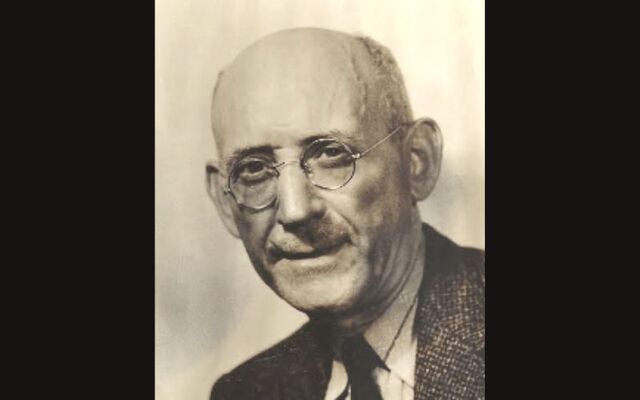James "Jimmy" Gralton was a fiery activist who turned a tiny rural dance hall into a hub for education and political debate, quickly drawing fierce opposition. Arrested in February 1933 and put on a ship from Cobh, he remains the only Irish citizen ever deported from Ireland, and his story was later dramatised in Ken Loach’s 2014 film "Jimmy's Hall".
Jimmy Gralton remains the only Irishman ever deported from his own country for dissident activities.
An avowed socialist, Gralton tried to rouse local people in County Leitrim against the landlord class, but in the Ireland of the 1930s, he faced much different circumstances than he did in the early 1920s when he fought in Ireland's War of Independence.
James Gralton was born on April 17, 1886, in the townland of Effrinagh, Parish of Kiltoghert. He was raised on a small farm of about 25 acres of poor land, surrounded by some good land. Tenant farmers were regularly driven off the land by the big landlords from Britain.
Gralton emigrated to the United States in 1909 when he was 23, but returned to Ireland to fight in the Irish War of Independence. He went back to the US after the war, but returned in 1932 to look after his mother.
He had become even more radicalized in America, where he saw dreadful working conditions during the Depression.
Read more
Back home, he saw inequity everywhere despite Ireland's independence and a De Valera government.
Gralton led the Revolutionary Workers' Group in Leitrim, a predecessor of the Communist Party of Ireland. He constructed a dance hall in Effrinagh where he hosted free events, including educational classes, dancing, and music, and where he expounded his political views, especially regarding land ownership.
He soon drew fierce criticism, and there were violent protests against the dances, led by local Catholic priests, which culminated in a shooting incident at the hall.
Following this, on February 9, 1933, he was arrested and later deported to the United States of America, on the basis that he was an alien despite the fact that he was born in Ireland. This led to public protests organized by the Irish Republican Army.
He died from stomach cancer in New York on December 29, 1945.
Read more
His story was adapted into the 2014 top-selling Irish film “Jimmy’s Hall,” which was an entrant at the Cannes Film Festival.
With "Jimmy's Hall" British director Ken Loach was returning to Irish themes as he had made the “The Wind That Shakes The Barley” in 2006. Loach told the Irish Post that the approach with "Jimmy's Hall" was different.
“The two films do sit side by side,” he said. “We thought it would be interesting to see what happened to the dreams of independence, 10 years later. And as what often happens, the hopes people had aren’t realized – because of splits, and the old imperial power still trying to rule…'The Wind That Shakes the Barley' was a big epic film; 'Jimmy’s Hall' is just a microcosm.”
Irish socialist Councillor Declan Bree described the long forgotten Gralton as being “on a par with Larkin and Connolly as one of the great Irish socialists.”
Check out the trailer for the 2014 movie "Jimmy's Hall" to give you a taste of Jimmy Gralton's life:
* Originally published in 2014 and updated in January 2026.




Comments